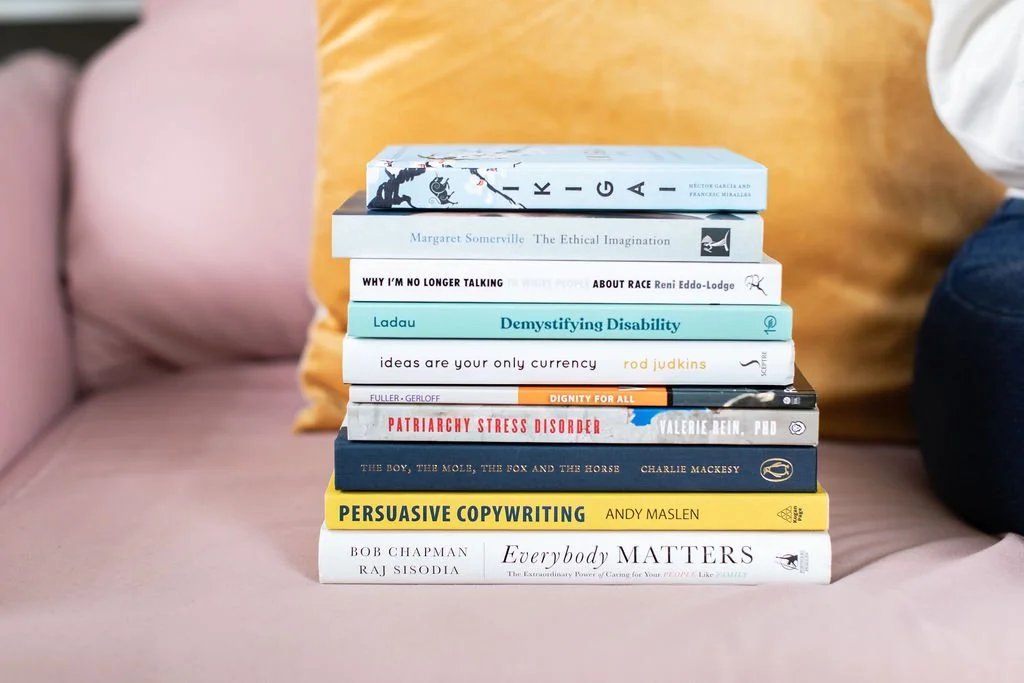inclusive language policy
Language is powerful.
I’m committed to writing with inclusivity in mind, to be accurate, fair and respectful.
Inclusive language means language that avoids marginalising people who are already marginalised.
It is language that is accessible and meaningful to a wide audience. It avoids words and phrases that do not convey what people intend to communicate, and that can be misinterpreted or give offence. It reflects Australia's diversity without stereotyping on the basis of race, age, ability, gender, religion, culture, sexuality, appearance or dress code.
Language and culture are ever-changing, so this policy is reviewed annually and should be considered as a guide rather than a hard and fast rule book.
-
Referring to an Aboriginal person by their language or cultural group, if known.
Not assuming all elderly Indigenous people are 'elders'.
Acceptable terms include 'Aboriginal Australians', 'Indigenous Australians', 'Aboriginal people', or 'First Australians'. Use 'Aboriginal' or 'Indigenous' as adjectives.
Be aware that Aboriginal people who have been displaced may not know their language or cultural group.
Always capitalise 'Indigenous' and 'Aboriginal' when referring to Indigenous Australians, but not when referring generically to the original inhabitants of other continents.
Include an Acknowledgement of Country wherever possible on communications.
Always spell 'Torres Strait Islanders' out in full.
Use the full term ‘Aboriginal and Torres Strait Islanders’ when describing Australia's indigenous population.
-
All Australian citizens and permanent residents – regardless of religion, skin colour or country of birth – are Australians.
Be specific.
-
Where possible, use a person’s name.
Use gender-neutral words rather than gender-specific ones.
Do not default to a generic gendered pronoun like 'he' or 'she' to talk about a generic person.
Use 'they', 'their' and 'them' to refer to singular subjects. It allows you to speak to a broader audience of men, women, and other identifying genders.
Recognise the dignity of each individual by respecting their wishes about personal pronouns. If there's any confusion, politely check someone's preferred pronoun by asking in a direct but sensitive way.
This Policy is not an exhaustive list. There will be times when each of us makes mistakes. These are opportunities to learn from each other and grow as individuals and as a community.
-
Where you feel someone has done something that goes against this Policy, including me, you can choose to: approach the person, remove yourself, or report a dispute. For disputes related to conversations, comments or posts please refer to the Safer Spaces Policy here: https://www.wordified.com.au/safer-spaces
In cases where you feel I have written copy or content that goes against this Policy, please email kelly@wordified.com.au and include details of the specific language, location, screenshots or links, if available, and the harm it caused.
I promise to acknowledge the harm done promptly. I may ask clarifying questions so I can fully understand. I will ask what outcome they would like to see, and/or I will list my intention and timeline for repair.
This policy was informed by Monash University’s Inclusive Language Editorial Guide: https://www.monash.edu/about/editorialstyle/writing/inclusive-language and Newcastle University’s Inclusive Language Policy: https://policies.newcastle.edu.au/document/view-current.php?id=139
Date written: December 2021
Reviewed: December 2024
Next review: December 2024
